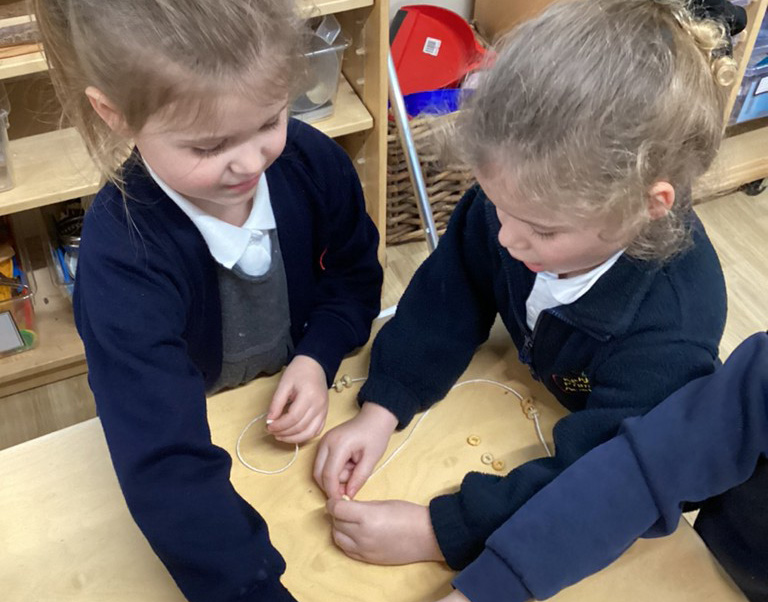English
INTENT STATEMENT:
Our English curriculum intends:
- for pupils to acquire a wide vocabulary for spoken language
- for pupils to rehearse their writing orally
- for pupils to use discussion in order to learn, to elaborate and to explain clearly their understanding and ideas
- for pupils to be competent in the arts of speaking and listening: presenting, sharing, participating and debating
- for pupils to have the confidence to speak in front of an audience.
- for pupils to write clearly, accurately and coherently, adapting their language and style for a range of contexts, purposes and audiences
- for pupils to acquire the ability to plan, draft, edit and publish their written work
- for pupils to know and apply the key technicalities of spelling, punctuation and grammar
IMPLEMENTATION:
We acknowledge the role that discussion and oral rehearsal plays in our understanding of the written word as well as the importance of teacher modelling of the writing process. Both of these aspects form an integral part of our teaching of writing through the Talk-For Writing model, which is implemented across the school. In this approach, children listen to, retell and internalise genre specific language features and learn new vocabulary giving them the confidence and tools to write themselves – imitate, innovate and invent. Powerful teaching techniques such as shared and guided writing mean children are exposed to high quality demonstration, exploration and discussion of the choices writers make. Children use a progressive planning, drafting, editing (see appendix 1) and publishing process to improve their work and, alongside effective feedback, become reflective, resilient learners.
Focussed weekly spelling and grammar lessons provide opportunities for children to explore the complexities of the English language, including morphology, structure and meaning.
IMPACT:
The children will become increasingly independent and responsible for selecting and using writing strategies: planning, drafting, sharing, evaluating and editing. Their transcription skills will become increasingly automatic in order for pupils to focus on writing composition, and they will be ready for the next stage in their learning.


